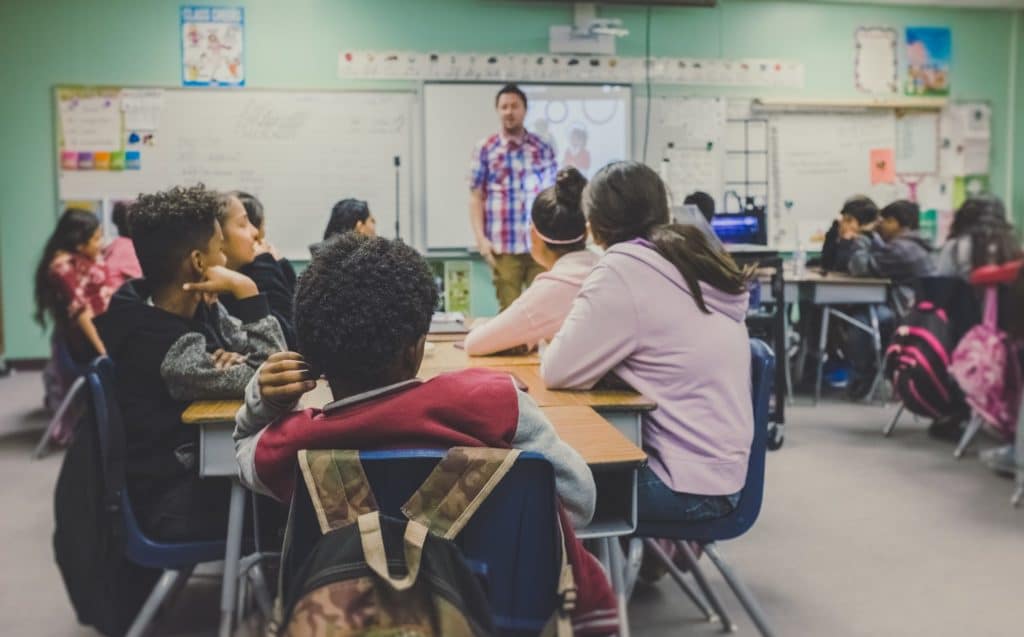Ali Schroer, MSW, LCSW
Schroer Counseling & Consulting, LLC
It’s finally the time so many of us have been waiting for – our kids are going back to school! Hooray! But also, oh geez! How do we handle this with our kids? How long is this going to last? How do I keep my family safe? While returning to school comes with some feelings of relief, it also comes with feelings of anxiety and stress about how we can prepare ourselves and our children for this re-entry. There are several different reactions that may be experienced depending on the child.
With any big change, the experience of a new event often comes with mixed feelings. Let’s talk about four reactions that you might anticipate for your child as they return:
Put me in coach
These students will be elated to get back into the classroom, have the bustle of the other students, see peers at recess/hallways, and look forward to the daily routine. These kids are often extroverts in nature and have been longing for friends and life outside the walls of their homes. Let these kids enjoy! Also know that they may experience the honeymoon effect; it might feel great at first, but the reality of drama, stress and other challenges of being back in person are likely to ensue. When this happens, remind them of the positives of being there and normalize those pesky mixed feelings.
I’ll warm the bench
Some kids share in the excitement of being back but with a rush of anxiety too. They may be analyzing the impending changes, anticipating the awkward socially-distanced hallway maneuvers, and feeling nervous about socially engaging with peers again. These kids might need some time to warm up to the idea of returning to school. They may show signs of distress before the first day (or well into the first week) such as disrupted sleep, irritable mood, tearful or changes in their eating habits. While they want to warm the bench and watch the action from a safe distance, encourage them to take it slow and support them by cutting back on other things/activities as they ramp up the school days.
Take me off the roster
It is expected that more than a few children will wish the return to school never happens. These kids don’t want to be in the game, on the bench or even in the arena. They have established themselves at home and might be comfortable on Zoom classes and independently working. While some of these students might be introverted, extroverts can also experience this if their social needs are being met in other (and possibly less stressful) ways. Having a child who wants to stay in remote school doesn’t mean something is wrong. In fact, it might mean that they feel connected to siblings and family members, are learners that enjoy quiet environments, or even enjoy the independence of learning how/when they desire. While staying remote may not be an option, it is still important to acknowledge their feelings and come up with a plan of support for returning to school. Asking these students to do something they don’t want to do after a traumatic event – using rewards, such as lessening their chores if they make it through a day or letting them pick out the dessert for that evening, might curb the initial difficulty of the situation.
Athletic Trainer
Students who are experiencing increased anxiety might feel like they need to step into the role of “athletic trainer”. This child is concerned about the game, but more-so about the safety and health of the players and attendees. Since COVID-19, many children and teens have experienced heightened anxiety related to illnesses, germs and events with social gatherings. The world has told them to be scared (and for good reason), but some children are holding tight to this fear and having a hard time enjoying the game of life. These kids may need additional support from a professional who can help them see what safety measures are in place and how they can still be part of the game. These students would also benefit from talking with parents about the risks of returning to school and what is in their control to keep themselves and others safe.
Although the four types of feelings don’t encompass all children and their experiences, it’s safe to say most kids generally fall into one or two of these categories. And honestly, maybe parents will too! The reality is these are unparalleled times and we are all winging it a bit. Own that, voice that, and remind your children that even though we may not have all the answers or a crystal ball to predict how the return to school will pan out, we do have their backs and will ensure to play some strong defense if needed.
